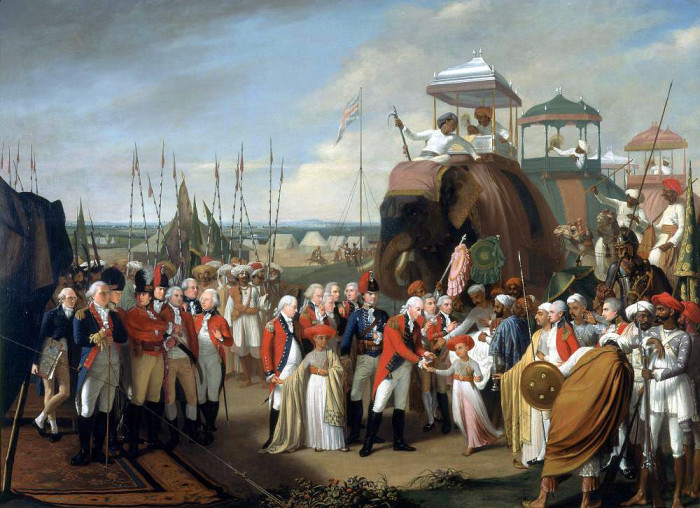
“To help boost output, Washington launched a PR blitz aimed at getting farmers in the American heartland to make room in their fields for hemp.”
IN 1942, America’s factories geared up for the fight to crush Germany and Japan. Almost overnight, the need for raw materials like steel, rubber and aluminum skyrocketed. Even hemp (that’s right, hemp) was suddenly in demand.
That’s because the low-THC cousin of the ever-popular Cannabis plant yielded a host of useful by-products. Chief among these was a resilient industrial-strength fibre that could be used in the production of everything from rope, cloth and parachute webbing to pulp and paper – all items vital to the Allied war effort.

But with with the Axis on the march worldwide, foreign sources of this valuable commodity were steadily falling into enemy hands. In fact, the Japanese invasion of the Philippines cut the West’s access to Manila hemp in one fell swoop. With stateside stockpiles dwindling, war planners in Washington had no choice but to revive the once thriving domestic hemp sector.
To boost output, the War Department, in conjunction with the U.S. Department of Agriculture, launched a PR blitz aimed at getting farmers in the American heartland to make room in their fields for hemp. Washington even bankrolled the creation of a short film entitled Hemp for Victory.

The 13-minute PSA, which begins with a brief history of hemp, urges farmers to apply for licenses to legally produce “Marihuana.” The film also shows how to plant and harvest this wonder crop. Along the way, the movie reassures skeptical audiences that hemp is nothing to be afraid of and is in fact as American as apple pie. Viewers are reminded of the country’s long history of hemp production dating back to George Washington. Even the cordage on the iconic frigate the USS Constitution, we are told, was made of good old American hemp.
The campaign worked wonders; stateside hemp production exploded. In 1943 alone, Washington handed out licenses to grow 50,000 acres of it. But just two years later, with the Allied victory all but certain, the demand for hemp went up in smoke. This coupled with the advent of new synthetic fibres like nylon all but killed off the hemp sector.
Unfairly lumped in with illicit marijuana for years before the outbreak of World War Two, hemp fell back under a cloud in the eyes of the government and the public following Japan’s surrender.

And as the war against illegal drugs geared up in the 1950s, Hemp for Victory quickly became an embarrassment for the U.S. government. The film disappeared and according to legend, Washington reportedly denied the movie’s very existence for decades.[1] Yet rumours of the film persisted. In fact, by the 1970s Hemp for Victory had become something of a Holy Grail for counter-culture pot enthusiasts.
Then in 1976, a Jamaican-based Rastafarian church claimed to have acquired an old print of the film and transferred it to VHS. Duplicates eventually found their way into the hands of Oregon marijuana activists and by 1989 two tapes were donated to the Library of Congress.
Since then Hemp for Victory has been freely available online.
Now you can see it here…









